In 1891, Eugen Richter predicted what the GDR would look like more than half a century later Patrick van Schie Karl Marx and his followers dissected “capitalist” society (in their own way) and predicted the revolution, but Marx and his followers remained vague about what post-revolution “socialist” society would look like. One of […]
Publications
By Patrick van Schie On March 5, 1946, Winston Churchill gave a speech in Fulton, a city in Missouri, USA. The British war leader, Prime Minister until more than six months earlier, received an honorary doctorate from Westminster College in Fulton. He began his speech in a Churchillian way by saying that […]
Disclosures by an Experience Expert in 1946-47: Victor Kravchenko’s I Chose Freedom By Patrick van Schie In April 1944, a senior official from the Soviet Union’s “trade delegation” defected to the United States. Victor Kravchenko, an engineer, was tasked with Lend Lease deliveries during World War II to the Soviet Union – that […]
Beata Bruggeman-Sękowska 100 years ago, on February 25th of 1921, the Soviet 11th Red Army entered Tbilisi, Georgia. February 25th, thus, went down in Georgia’s history as one of the most tragic dates – the Day when Georgia was ‘Sovietised’. Despite the heroic sacrifice of the Georgian people, in 1921 the First Democratic Republic […]
By Patrick van Schie On February 22, 1946, a telegram arrived from Moscow at the US State Department. The author, the second man at the US embassy, apologized in advance for using the telegraphic channel. The telegram was indeed unusually long: 17 sheets of paper typed out. It would also become unusually influential. The “Long […]
Beata Bruggeman-Sekowska On the 13th of January victims of the Soviet military aggression of 1991 are commemorated. The candle, as symbol of the memory, today is lit across Lithuania and by the Lithuanian communities abroad. On 13 January 1991 armoured Soviet forces drove through peaceful crowd which gathered to protect the symbol of Lithuania’s […]
Review of: Raymond Aron, The Opium of the Intellectuals (1st publication in French, 1955) Patrick van Schie Nowhere in Western Europe have intellectuals been so fascinated by communism and the Soviet Union as in France. It was therefore appropriate that 65 years ago – in 1955, in the midst of the Cold War – […]
By Agata Szostkowska The tallest building in Poland, the eighth tallest building in the European Union and in a Top-20 in Europe. There has been no more foreground building constructed in Poland after 1945 than the Palace of Culture and Science – or to give it its full title: “the Palace of Culture and Science […]
On September 28 the Montesquieu Institute published an analysis by Beata Bruggeman-Sekowska. She expresses her concerns about some similarities between actions taken by the ruling party in Poland and totalitarian communist tactics. She stresses that Poland faces various issues and is on the crossroads again. Polish déjà vu Beata Bruggeman-Sękowska 40 years ago Poland […]
Beata Bruggeman-Sękowska On September 17 about 1 million troops of the Red Army crossed the eastern borders of Poland starting the red invasion of Poland. It was sixteen days after Nazi Germany invaded Poland from the west. The invasion ended on 6 October 1939 with the two-way division and annexation of the entire Second […]
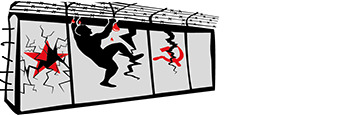
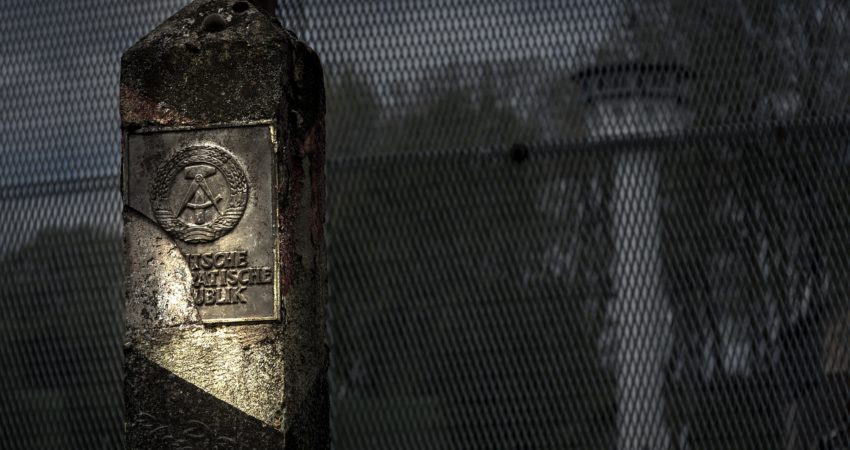
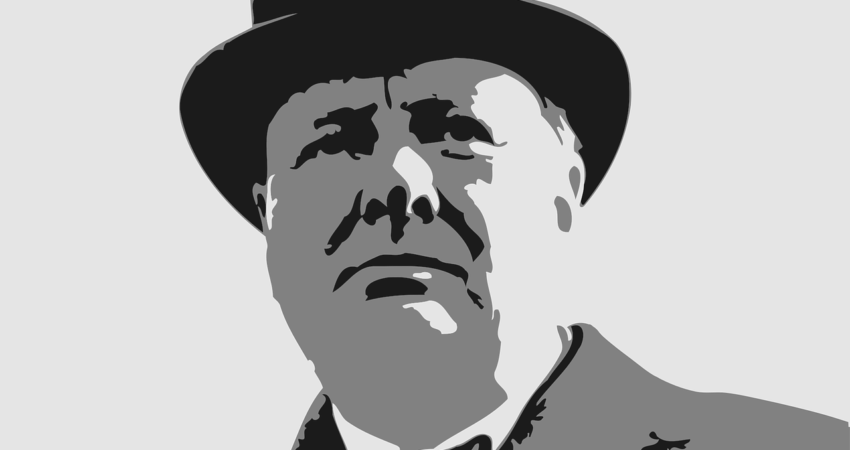
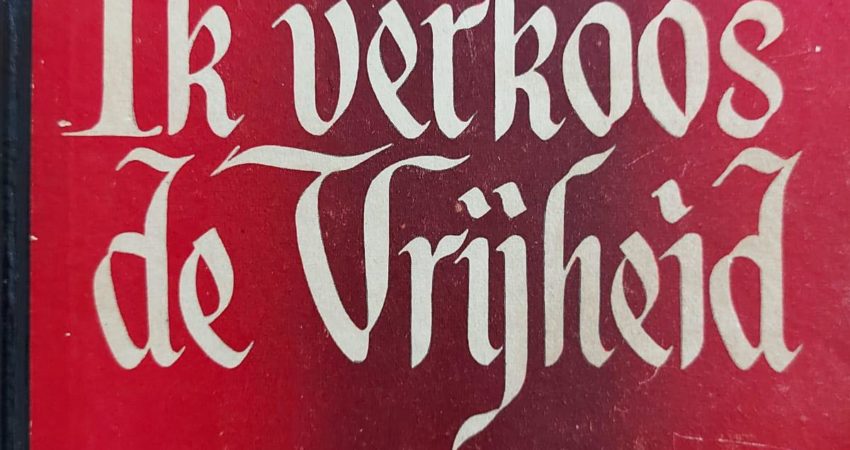
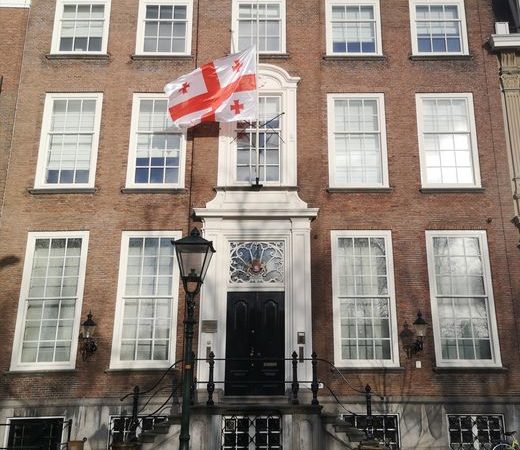
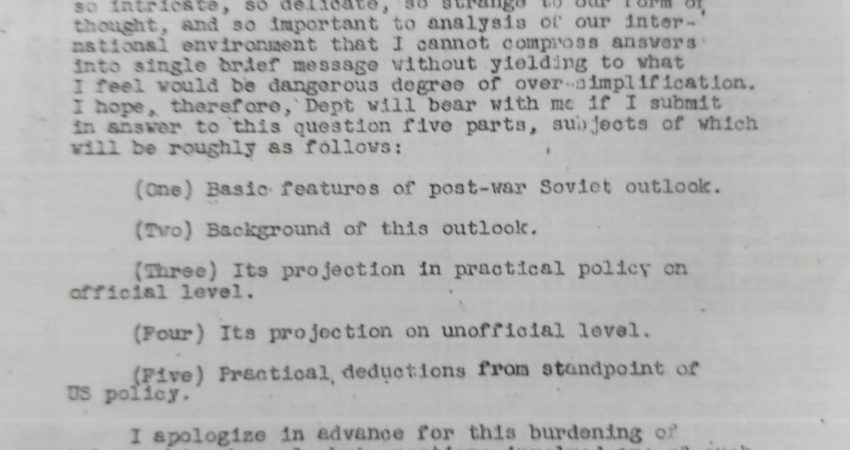
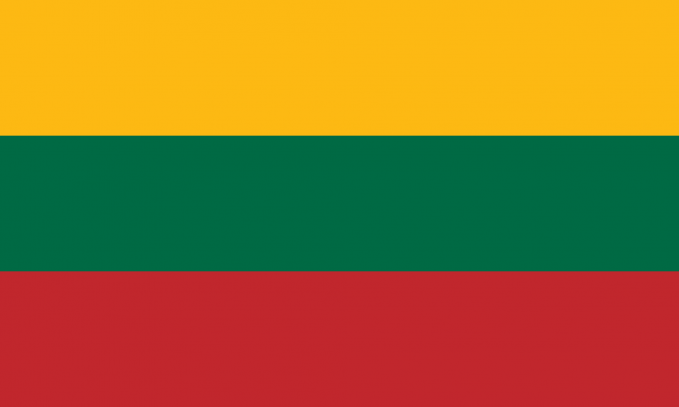
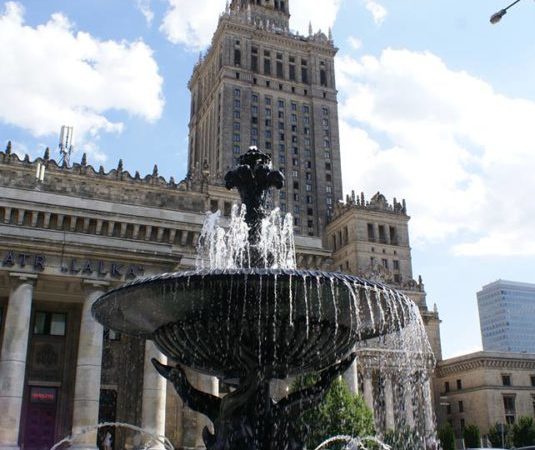
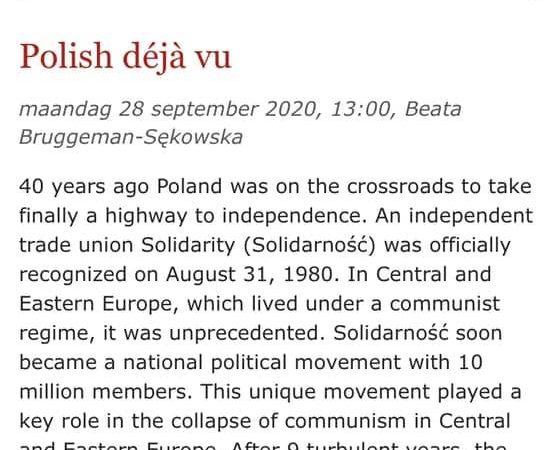
Follow Us!